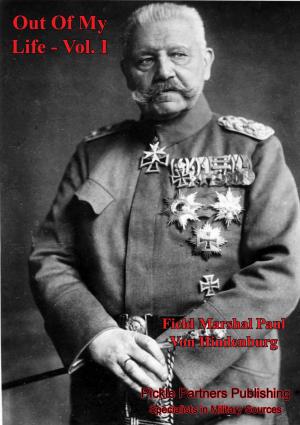President Truman And (The Challenge Of) The Potsdam Conference 1945
Nonfiction, History, Germany, European General, Military, United States| Author: | Col. Uwe F. Jansohn | ISBN: | 9781786254108 |
| Publisher: | Lucknow Books | Publication: | November 6, 2015 |
| Imprint: | Lucknow Books | Language: | English |
| Author: | Col. Uwe F. Jansohn |
| ISBN: | 9781786254108 |
| Publisher: | Lucknow Books |
| Publication: | November 6, 2015 |
| Imprint: | Lucknow Books |
| Language: | English |
This monograph examines how U.S. President Harry S. Truman was prepared for the Potsdam Conference from 17 July to 2 August 1945 which is seen as a crucial turning point in modern history. Reviewing his preparations and assessing his actions during the actual conference allows one to examine whether Truman had a strategy for the Potsdam Conference in 1945 with achievable objectives. This monograph argues that Truman did have a strategy for the Potsdam Conference, which was coordinated with Roosevelt’s former advisors, the Department of State, and the Joint Chiefs of Staff. Nevertheless, this strategy diverged from Roosevelt’s original intent. Truman’s goals were not achieved in their entirety as the new President found himself confronted by the challenges of international policy and had to adapt his strategy during the conference for various reasons.
The method used in this monograph to analyze the U.S. strategy towards the Potsdam Conference is drawn from the contemporary U.S. design methodology outlined in Joint Publication 5-0, Joint Operation Planning. There does not exist one comprehensive document which provided Truman a strategic approach for the conference in understanding the ends, ways, and means that was clearly defined. The monograph shows, that the preparing papers were more a conglomeration of documents containing a mix of background information, objectives, and ideas. Using the design methodology, the monograph will emulate a strategy, as it could have been formulated by Truman advisors in 1945. Having this strategy the monograph evaluates the events of the Potsdam conference day by day and assesses the reasons why there was a requirement for an adjustment in Truman’s strategy during the conference and why he changed his course of action. The monograph also provides an assessment of whether Truman had an opportunity to avoid the start of the Cold War in Potsdam.
This monograph examines how U.S. President Harry S. Truman was prepared for the Potsdam Conference from 17 July to 2 August 1945 which is seen as a crucial turning point in modern history. Reviewing his preparations and assessing his actions during the actual conference allows one to examine whether Truman had a strategy for the Potsdam Conference in 1945 with achievable objectives. This monograph argues that Truman did have a strategy for the Potsdam Conference, which was coordinated with Roosevelt’s former advisors, the Department of State, and the Joint Chiefs of Staff. Nevertheless, this strategy diverged from Roosevelt’s original intent. Truman’s goals were not achieved in their entirety as the new President found himself confronted by the challenges of international policy and had to adapt his strategy during the conference for various reasons.
The method used in this monograph to analyze the U.S. strategy towards the Potsdam Conference is drawn from the contemporary U.S. design methodology outlined in Joint Publication 5-0, Joint Operation Planning. There does not exist one comprehensive document which provided Truman a strategic approach for the conference in understanding the ends, ways, and means that was clearly defined. The monograph shows, that the preparing papers were more a conglomeration of documents containing a mix of background information, objectives, and ideas. Using the design methodology, the monograph will emulate a strategy, as it could have been formulated by Truman advisors in 1945. Having this strategy the monograph evaluates the events of the Potsdam conference day by day and assesses the reasons why there was a requirement for an adjustment in Truman’s strategy during the conference and why he changed his course of action. The monograph also provides an assessment of whether Truman had an opportunity to avoid the start of the Cold War in Potsdam.


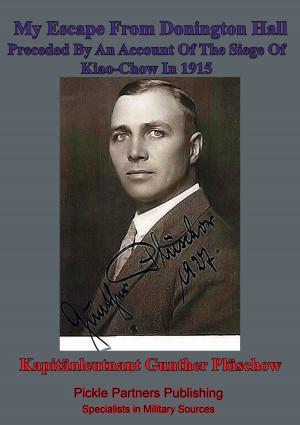


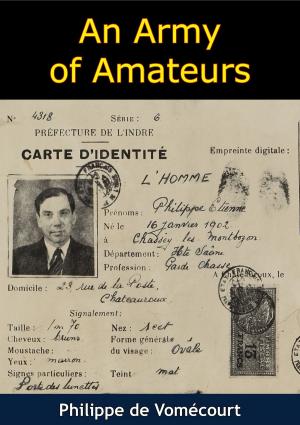


![Cover of the book The Mediterranean and Middle East: Volume I The Early Successes Against Italy (To May 1941) [Illustrated Edition] by Col. Uwe F. Jansohn](https://www.kuoky.com/images/2014/august/300x300/9781782895589-Gmiw_300x.jpg)
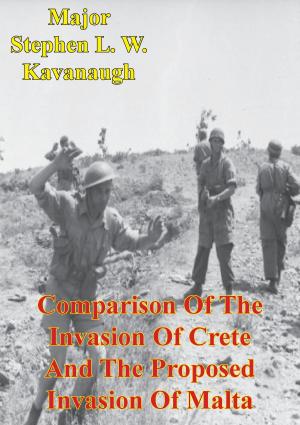
![Cover of the book When The Somme Ran Red [Illustrated Edition] by Col. Uwe F. Jansohn](https://www.kuoky.com/images/2012/april/300x300/9781782890775-SE5L_300x.jpg)
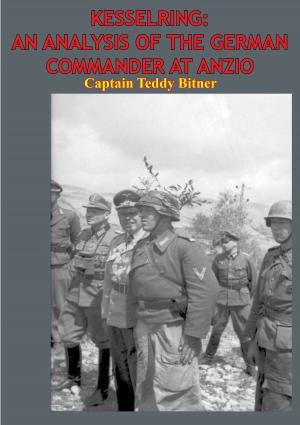
![Cover of the book Surgeon In Arms [Illustrated Edition] by Col. Uwe F. Jansohn](https://www.kuoky.com/images/2015/november/300x300/9781786255457-GW4K_300x.jpg)
![Cover of the book The Lorraine Campaign: An Overview, September-December 1944 [Illustrated Edition] by Col. Uwe F. Jansohn](https://www.kuoky.com/images/2015/november/300x300/9781786257543-SrSM_300x.jpg)
